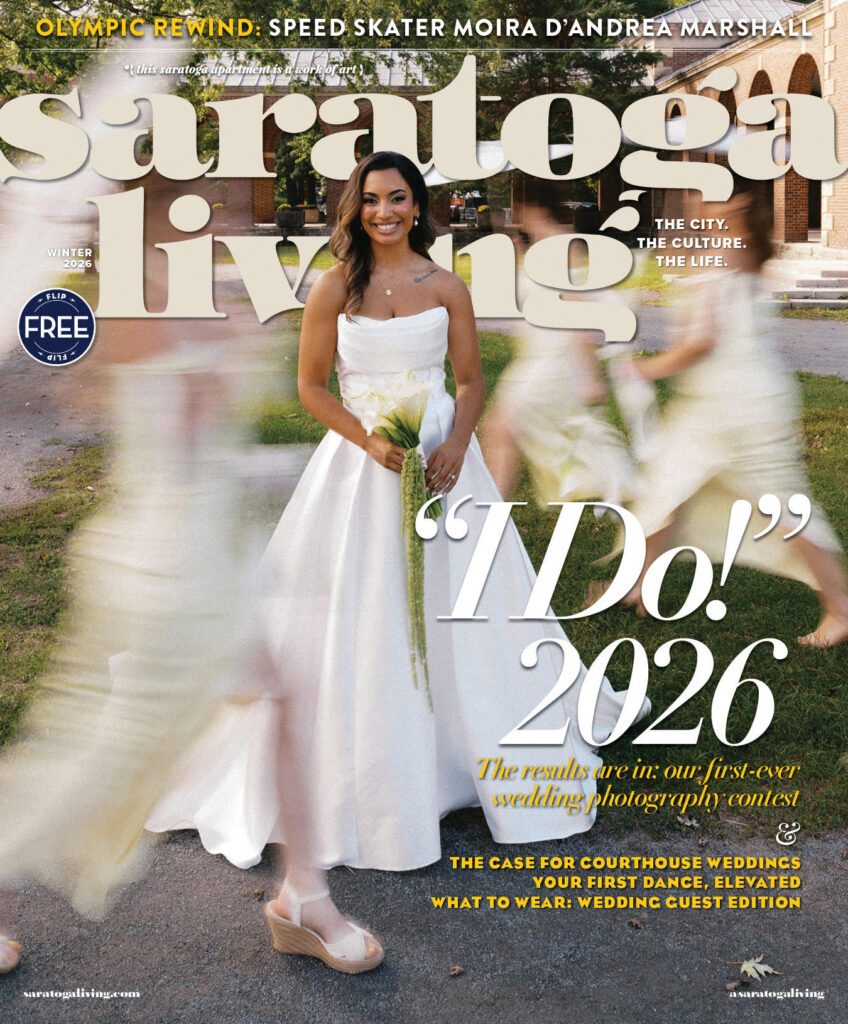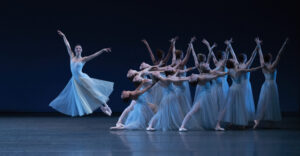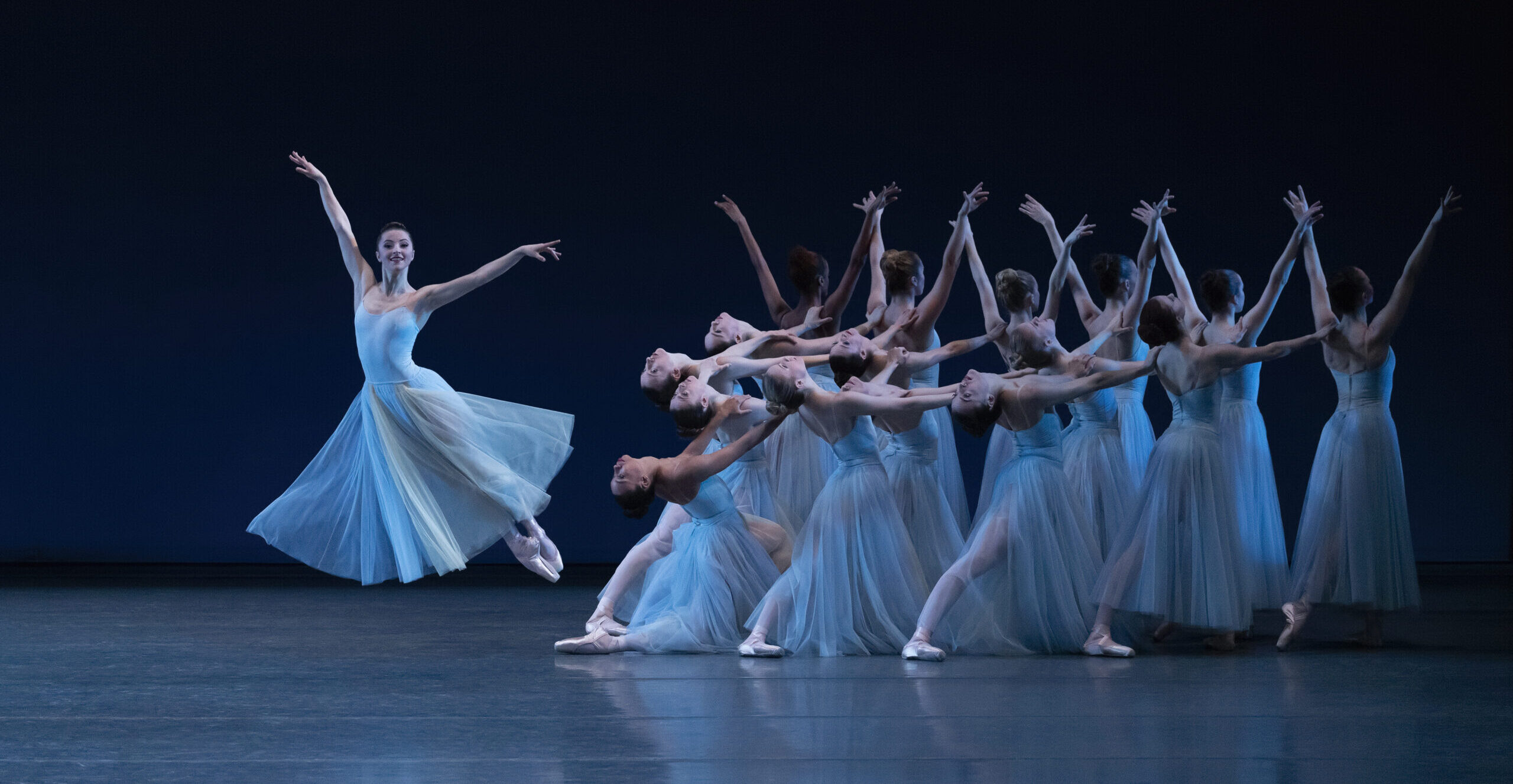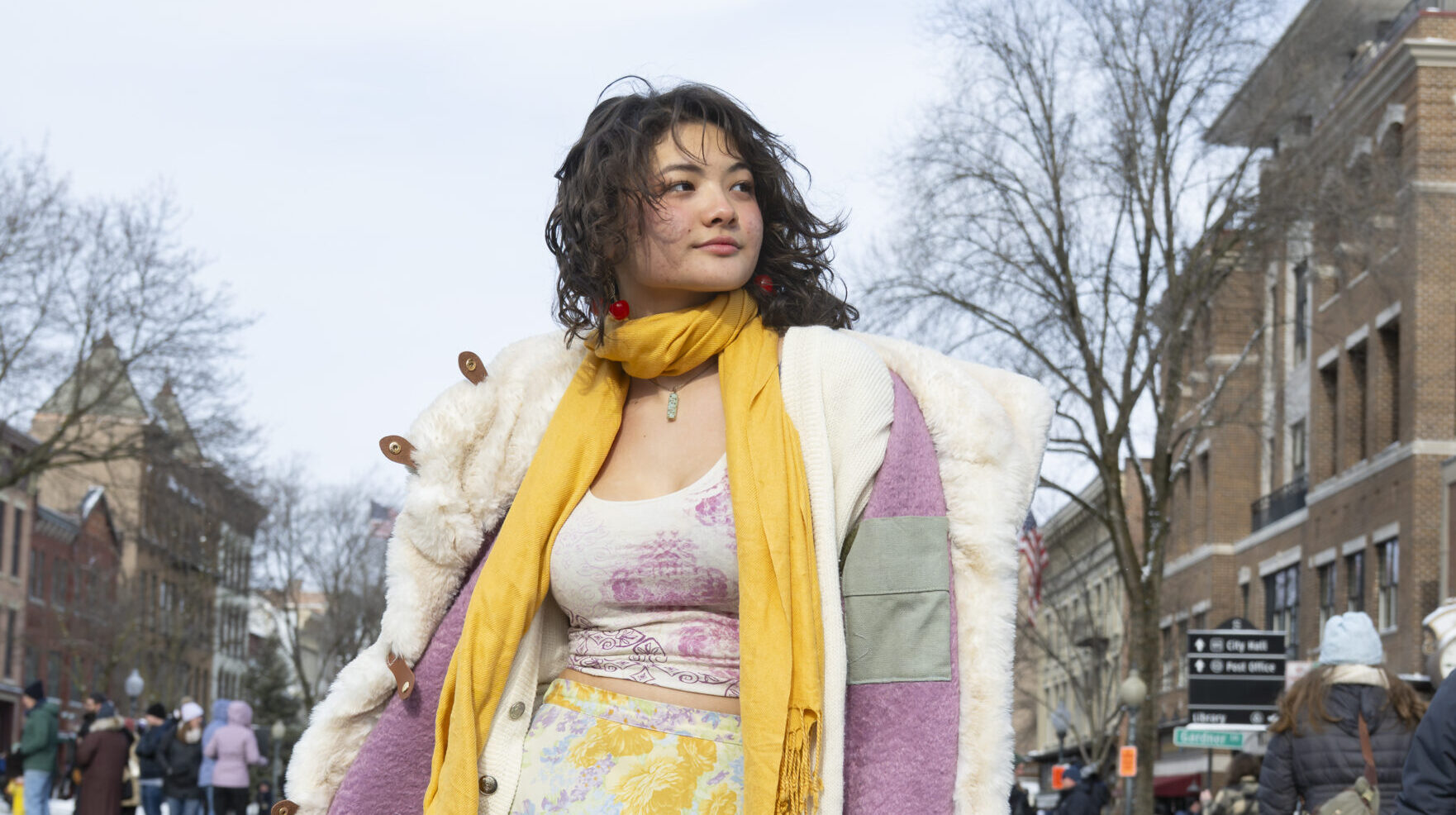Where do I even begin? OK, so, somewhere between boarding a private jet and spending the day with my baseball hero at his home, while reliving the most iconic moments of his extraordinary career with said superstar, it suddenly hits me: Today, right now, is the moment where I, too, get to be impressed and taken aback by my ridiculous, endorphin rush of good fortune. Think about it: The totality of this day’s events is, by anyone’s standards, exactly what a mind-blowing experience should feel like—I mean, exactly. And, yes, some context is needed.
I was born in Boston at Mass General Hospital—in the same room as my other idol, Donna Summer(!)—and quite literally my first memory as a human being was of my father holding my hand as the smell of the freshly cut grass at Fenway Park overwhelmed my senses. Here, at baseball’s holiest of temples, was where I chose to become aware that I was, in fact, alive. Even now, if I close my eyes, I’m back as my two-year-old self, giggling at my Cuban-born dad’s attempt to properly pronounce the name of Boston’s best player back then, Carl Yastrzemski. Jastrim-skeee! Jastrim-skeee! my father kept repeating as a sort of reverential mantra while pointing over at Yaz, who was hovering near his first-base perch. The thing is, I still remember that moment because it mattered so, so much to me. And it still does.
From that day, needless to say, I became a lifelong, baseball obsessed, die-hard Red Sox fan. As a kid, seeing the likes of Fred Lynn (that sweet swing), Jim Rice (effortless power), Dwight Evans (right field god) and, most especially, the Cuban pitching ace and huge personality, Luis Tiant, year in, year out, only to get thisclose to winning the ever-elusive Fall Classic, just to fail over and over and over again, made me and millions of Red Sox Nation members that much more determined that next season would be the year our boys would win the Series. And so it went, for the entirety of my childhood (1975, Reds) and the better part of my adulthood (1986, Mets).
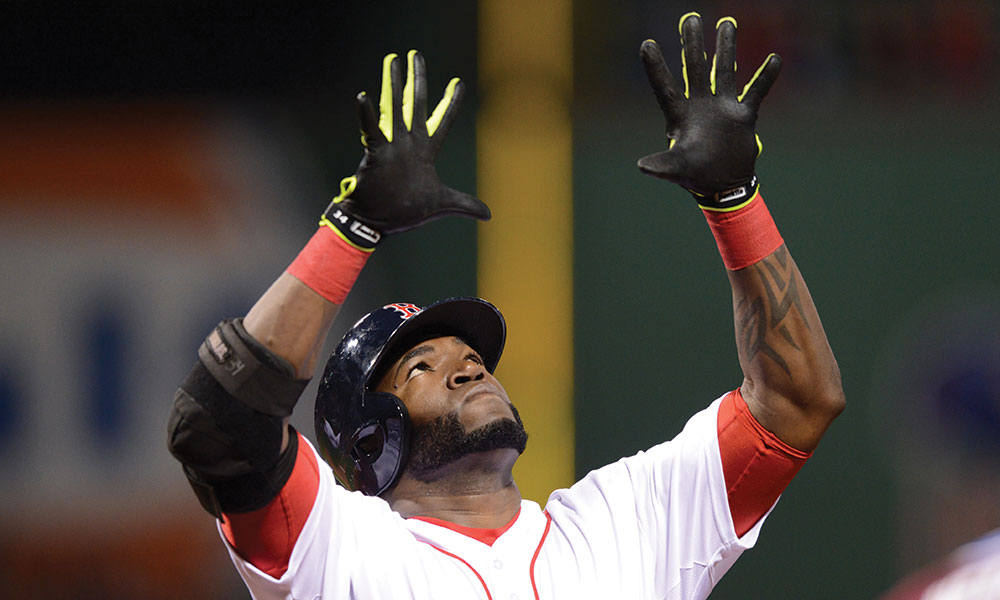
Then, enter David Ortiz. Acquired by the Red Sox in 2003 after intense lobbying by Red Sox pitching phenom, Pedro Martinez, Ortiz was known then as a big potential talent with a bigger hole in his swing. I’ll never know how, exactly, the Red Sox management saw what most other teams didn’t, but here he was, the pride of Santo Domingo, ready to show the notoriously tough Boston fans how great a player they’d just gotten. And did he ever. My goodness.
It’s hard to believe now, after so much has happened, but Ortiz really became “Big Papi” in 2004, only a year after signing with Boston. During the American League Championship Series, against the dreaded (and powerful) New York Yankees, Ortiz carried his new teammates on his back and, not only improbably, but impossibly—as in, it had never happened in the history of the sport—time and time again delivered the clutch hits and home runs that propelled the single greatest comeback in MLB postseason history. The Sox rallied from a 3-games-to-0 hole and slayed the mighty Yankees 4 to 3 before Papi—again!—led the Red Sox as they won their first World Series in more than eight-and-a-half decades. These are the moments where legends are made, and this incredible man, this David Ortiz, Big Papi, was and remains all about legendary moments. Red Sox Nation then and there fell desperately in love with the smiling Dominican giant with the gentlest of souls. Seriously, what’s not to love?
But let’s not get bogged down in Ortiz’s Hall Of Fame-worthy statistics—I don’t know a single credible baseball aficionado who doesn’t believe Big Papi is headed straight to Cooperstown. If his raw numbers aren’t convincing enough, then Ortiz’s opportunistic and infallible tendency to come up big when it counts the most seals the deal. Yes, the Yankees’ captain, Derek Jeter, has similar qualities to be sure, but Ortiz displays his unrivaled genius in bolder, more audacious, truly explosive circumstances that engulf, delight and overwhelm his millions of fans. No one does it quite like Big Papi, for there’s only one Big Papi.
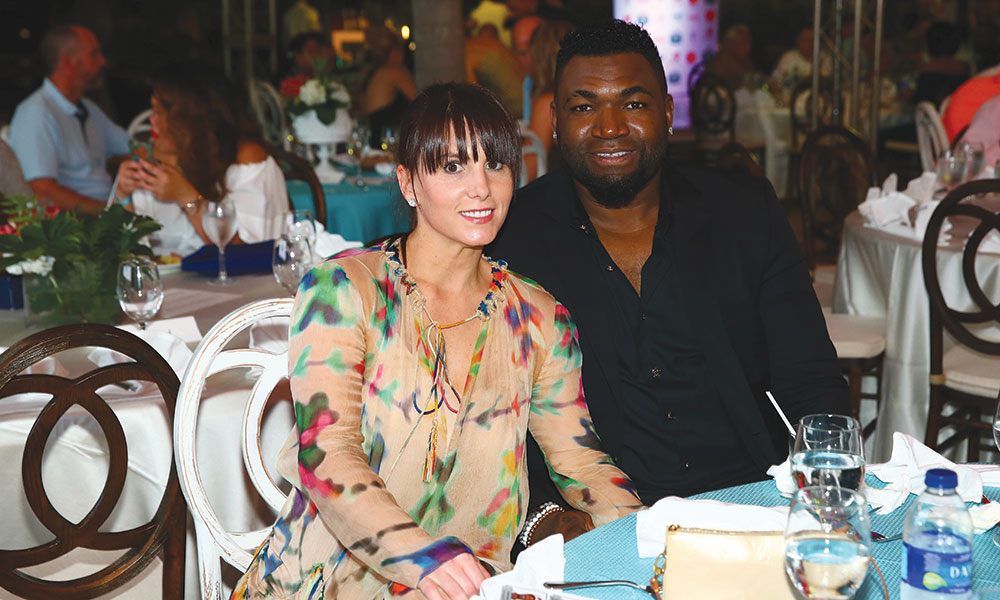
It’s under this haze of being part fan-boy, part man-with-a-job-to-do that I first meet David Ortiz on a sunny, hot June day in his impressive, lived-in beauty of a home (“Big Papi’s Castle”) a half hour from Beantown. Surrounded by the people who matter most in life (his wife, Tiffany, is there, as are two of their three children), Ortiz greets me with that smile that could melt icebergs, and I’m hooked. I have to say, it feels unfamiliar, because I pride myself, over a many-decades-long career, on being aggressively unimpressed by the famous. I’ve met, befriended and written about some of the planet’s biggest stars—Jennifer Lopez, Barbra Streisand, Heath Ledger, Eva Mendes, Chris Hemsworth, Sylvester Stallone, Zac Efron, Alex Rodriguez, Dan Marino, Kim Kardashian and so on—and I’ve never before felt like I was in the presence of anyone superhuman, just super, super cool. With Big Papi, the aura grew bigger, somehow, even as he behaved in the most low-key, suburban dad way. The more “like us” he acted, the bigger the “wow” factor I felt. It was a feeling I won’t soon forget.
With Big Papi presently in his second full year of post-Red Sox life, the question I keep telling myself to be on the lookout for is this: Who is David Ortiz now? When I tell a dear friend of mine, who doesn’t follow sports and wouldn’t know the difference between a home run and a slam dunk, that I’m going to interview David Ortiz for the next cover of saratoga living, she squints a little in the midday sun and says, “Oh, I know who he is! He’s the ‘This is our f— town’ guy, right?” And just like that, I’ve answered my own question: David Ortiz after retirement is David Ortiz before retirement—he’s a leader, and he cares deeply and emotionally about the people of his adopted community.
On one of those most painful of days directly after the Boston Marathon bombing, Big Papi not only unified a city, but energized all of New England. With one sentence, he unbelievably transcended sports and became a nearly mythical figure of epic stature for articulating, with his deliciously heavily accented growl, on the same field I saw so many of my childhood heroes play on, unequivocally, that: “This is our f— city! And nobody’s going to dictate our freedom! Stay strong!” Mic drop. Big Papi style.
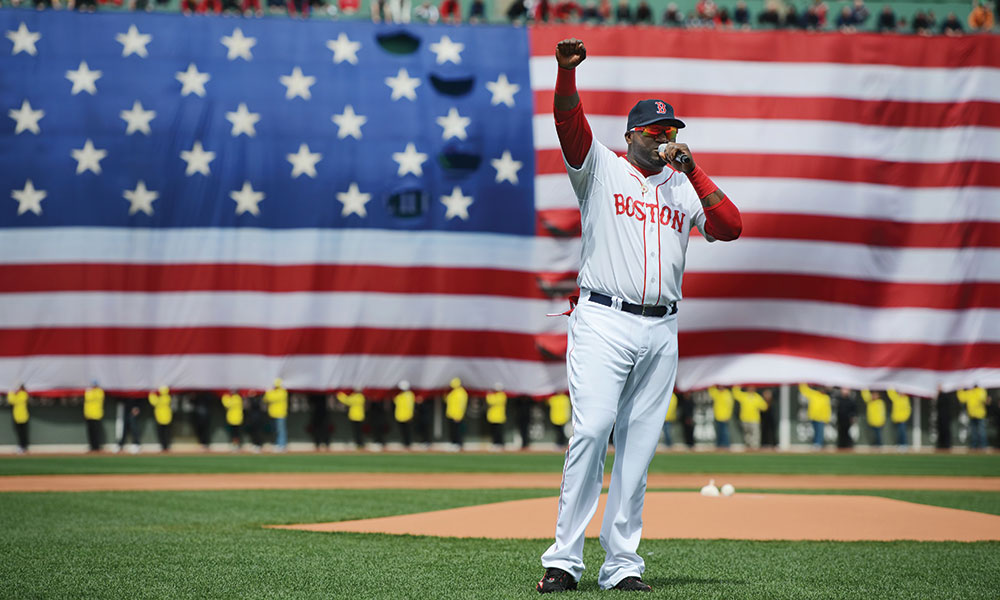
Since retirement, Ortiz has pursued several ventures with gusto, not the least of which was launching a wine brand that would go by the name Arias, the surname of Ortiz’s mother, who, tragically, passed in 2002. Undoubtedly, Big Papi’s most recognizable gesture—pointing two hands to the sky after each home run to pay tribute to his mother—became the image on all of Arias’ wine labels. This tribute led Ortiz to Arias Co-founder Peter Ianniello, who shared a similarly devastating maternal experience. Arias’ wine lineup consists of a Merlot, Chardonnay, Cabernet Sauvignon, Sauvignon Blanc and a bottle Ortiz calls Christalan, named after a statue in Saratoga Springs’ artist retreat, Yaddo. Christalan stands for resiliency and overcoming adversity to turn it into a positive. The Arias brand, Ortiz says, is all about celebrating the rising of the human spirit, and never quitting. You can see why Ortiz was drawn to take his place among the wine world’s most unexpected connoisseurs and moguls…and why Arias is popping up in every bar and fine restaurant I’ve been to since landing in Saratoga. Arias, much like Big Papi, is swinging for the fences—and connecting.
As my talented magazine team and I go from room to room in Ortiz’s home, in search of the perfect spot for our next photo setup, I overhear Big Papi engaging in business surrounding his incredibly successful and important charity, The David Ortiz Children’s Fund. You want passion? Ask Big Papi about the work his foundation is doing. It’s something that the superstar feels he must do, cannot not do. This selfless effort is arguably the most meaningful work of his life, and Big Papi wouldn’t have it any other way. In short, The David Ortiz Children’s Fund was created to help kids in New England and throughout the Dominican Republic who don’t have access to the critical pediatric services they need. The fund partners with Mass General Hospital for Children and the World Pediatric Project through its work with CEDIMAT. Thus far, Big Papi’s charity has raised more than $2 million, saving more than 500 lives in the Dominican Republic and, yes, countless others in New England.
When I mention Saratoga, Ortiz tilts his head toward me, and his expressive mug builds to a full grin as he says: “Oh, yes, Richard—I love it there! I have so many great friends, so many memories from there.” Most recently, Big Papi was turning heads at last summer’s Saratoga Wine & Food Festival at the Saratoga Performing Arts Center (SPAC).
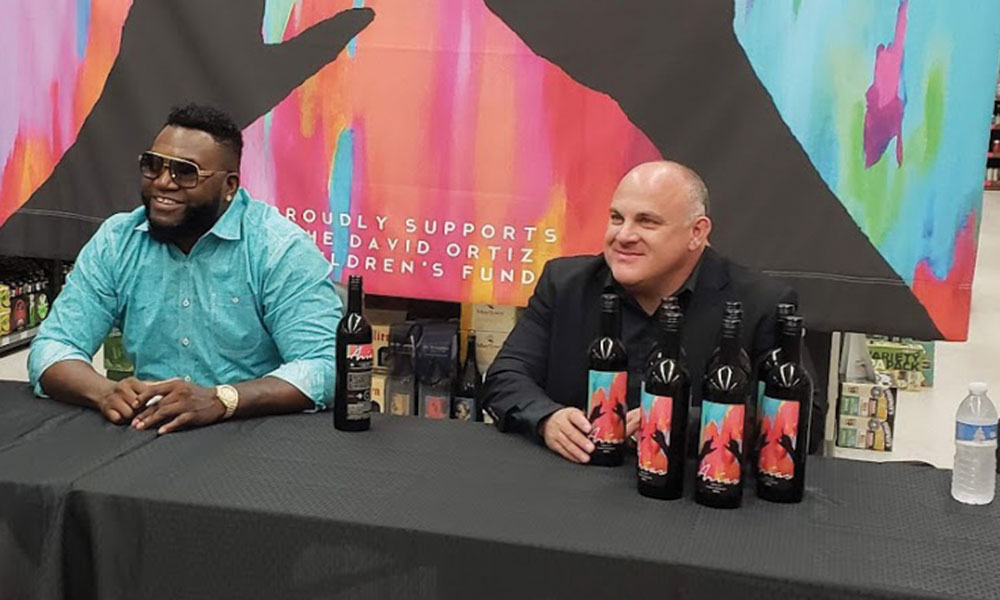
As we wind down this fantasy/dream of a day, and I say my goodbyes to all involved, I take an imperceptible extra microsecond of a moment to lean in for a bro hug with one of my legit heroes. “It was great, Papi. Thank you,” I say to David Ortiz, one of the most magnificent baseball players and humanitarians I will ever meet. “No, Papi. Thank you,” he counters, smiling at me again. At that moment, all I can think of is how proud my actual Big Papi, my dad, would be right now. And how I wish my father were here with me (and not in Miami) to share this moment, and soak in some of this cool bonding with the greatest hero Fenway Park has known in my lifetime.
Yeah, this was quite a day. It really was. I can’t wait to call Dad.
Describe yourself in one word.
Um, I can call myself…I’m a strong person, but I can be soft at the same time.
So, you’re tough and sensitive?
Yeah.
When you wake up, what’s your first thought about what lies ahead that day? Do you wake up excited or tired or filled with gratitude?
No, I’m always in a good mood when I wake up, you know, knowing where I come from and looking at myself where I’m at and what I’m surrounded by. It brings nothing but happiness.
Do you see yourself the way others see you? Are you your own hero?
Nah, not really. I stay humble; I try not to think about fame or money much, because I know a couple of people who focus on that too much.
That you’re being so humble—and you’re famous for your humility—makes you more lovable.
Yeah, I agree with you, you know? You never get your feet off the ground. Keep it humble and you become a more likable person.
And a happier person.
Yeah.
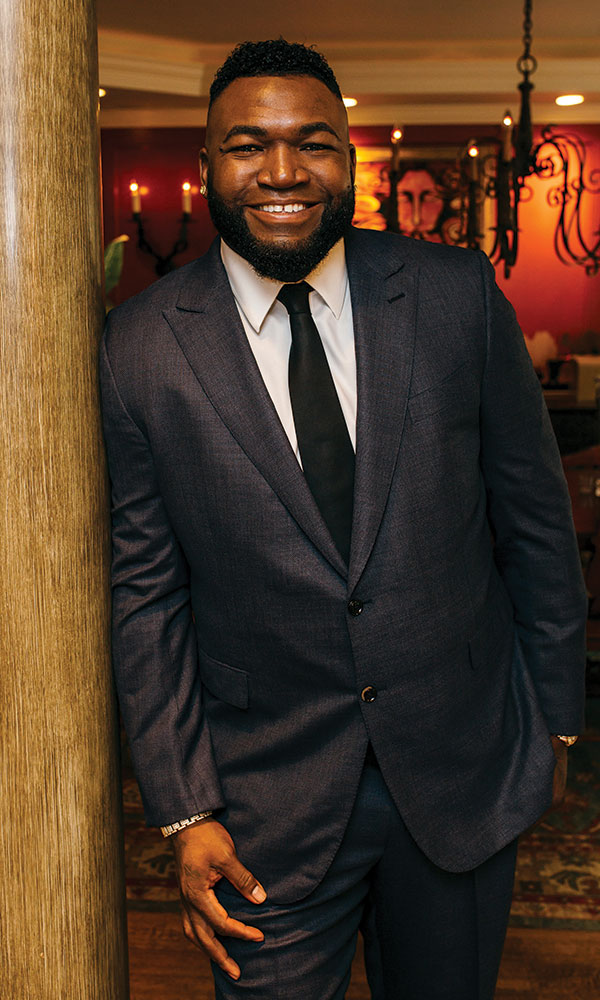
Tell me a Big Papi story most people don’t know.
I could pretty much say anything about me. [Laughs] I have two books out there that basically talk about everything I do.
Tell me your thoughts about Saratoga.
It’s a great town, a lot of good people around. It’s a very nice place to be. I have friends out there that show me around. It’s a fun place to be.
Any chance in the future that you might have a place up in Saratoga or maybe Lake George?
You never know! Look, I never thought about living in Boston for 17 years, and here I am. So, you never know.
Arias Wine—why did you go into the wine business?
Wine is pretty much the product that comes with a lot of personality, and that’s me. That’s what I feel like I am. One package with different things. And with wine, you can express yourself in so many different ways.
And that wine label is so iconic.
Definitely. You know, they came to me with an idea, talking about my history, my family history, you know…
And the name of it.
And the name of it, yeah, exactly. There’s things involved in it that really caught my attention.
The gesture that you make to heaven…I’ve always wondered, after a home run when you crossed home plate, did you say anything while making the gesture?
Just thinking about my mom—always. That’s my first thought when I touched home plate and looked up at the sky. I’m just thinking about the blessing from God, and the true blessing that was my mom.
If you’d never played baseball, what other job would you do that you think you’d be the very best at?
Auto parts. Cars.
Detailing?
Yes, both sides. Detailing for sure. That’s my thing. I love it!
There are so many children’s charities—thousands of them. Tell me why yours is different and so important.
Well, there are different diseases out there. That’s one thing, you know. But the most important thing is, you want to make sure that the one that you work on gets properly funded so that we can do the necessary kinds of surgery that we do for the kids.
And it’s also impacting the community that you’re from, too.
Exactly! You know, like a lot of people approach me with different types of things, but there’s only so much that you can do, you know? And I want to be basically strong at what we do, and that’s why I focus on that and on healthcare so much. Because the big problem is, it’s very expensive and there are a lot of poor people out there who can’t provide for their children. We have to do everything we can to help.
And they see you as an inspiration.
Yeah, I think so.
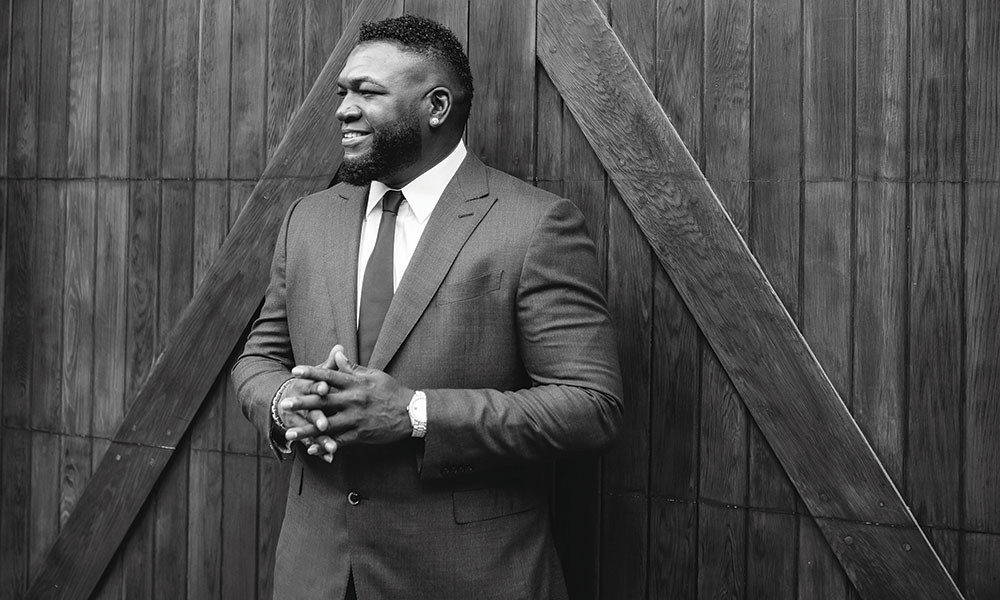
[Laughs] Hmmm…
There’s an ongoing debate about this, you may have heard.
I don’t know, I mean…
The answer, to me, is “yes.” Now, whether you acknowledge that or not, Papi, is, well…
[Laughs]
Well, I want you at the plate when there are two outs in the ninth.
There you go! You got your answer, Richard! [Laughs]
If you had been signed by the Yankees instead of the Red Sox after the Twins, do you have any notion what your life would be really like?
Well, I think it was going to be good, because, I tell you, I dedicate myself to getting better every day, and it didn’t matter where I was going to be at. I was just going to give everything I had. But I’m happy things worked out so well.
That would’ve been scary/powerful: You, Jeter, A-Rod.
Yeah, that would’ve been crazy.
It would’ve been like LeBron, D-Wade and Bosh [Miami Heat].
[Laughs]
Tell me about the greatest moment in your life. The moment you think back on and go, “Wow, this is me.”
Ah, I don’t know. I have so many greatest moments. God blessed me with a lot of wonderful moments, but you know, I think, you know, every time one of my children was born, I think it was one of the best things to happen to me.
And as a Red Sox player?
For the Red Sox, I can tell you probably winning the World Series—the first one in 2004. Now that was something.
That world championship changed people’s lives. Fundamentally.
Yeah, yeah, it’s true. I never thought that a sport was so big before we won that 2004 World Series. I can’t really believe the impact that sports have on everyone, you know?
I believe the greatest moment was the broken-bat single against the Yankees in the 2004 ALCS at Fenway. Honestly, that changed the whole course of history.
Yeah, man. It did.
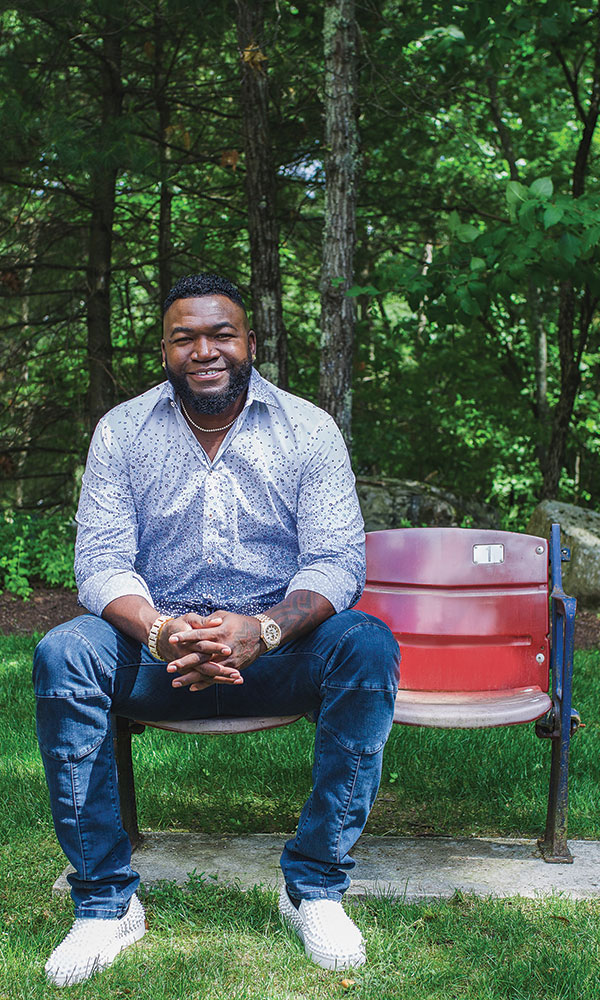
How do you feel about J.D. Martinez, my fellow Cuban, and Mookie Betts this year?
Happy, very happy. They’re good players, good kids.
Is it funny that it takes two superstars to replace you?
[Laughs] They’ve been doing really well; I’m happy for them. I’m in touch with all of them. And I get to talk to them once in a while.
You look like you could still play. I feel good.
Want to tell me a joke?
I’m not good at jokes. [Laughs] I’m terrible at jokes. I laugh at my own jokes, and nobody else’s!
Papi, what’s the best advice you’ve ever received?
I got really good advice from Warren Buffett. He said, “Do not invest your money in things you don’t know.” [Laughs] Keep it simple, brother.
You’re such a happy, optimistic guy. When was the last time you cried?
Two nights ago, watching a movie. [Laughs] Matter of fact, I was watching a commercial where it was a guy that, on purpose, dropped his wallet in front of this homeless guy, just to see what his reaction was going to be, and the guy picked it up and chased him and gave it back to him. And this is a guy that’s asking for money on the street. And he gave him his money back. And the guy who dropped his wallet was really grateful that that was the decision that the homeless man made. He gave him his wallet back, and then the guy who dropped the wallet takes the money out of his wallet and gives it to the homeless guy, and they have a cameraman chasing the homeless guy to see what he was going to do with the money. The guy with the wallet was prepared, just to see. You know what he did? He went and bought food and gave it to the rest of the homeless people. That really got me; it was such a beautiful and powerful story.
So, you’re an emotional person.
I am, I really am. I’m very emotional.
That’s why you always played with such undeniable passion.
Yep. That’s true.
Like, with your unbelievable speech, “This is our f— city!””
[Laughs]
I was joking with my team that I was going to walk in here, and you were going to say, “This is my f— house!” “These are my f— kids!”
[Laughs] That’s so funny.
Tell me your favorite television shows that aren’t sports.
I like Power and Game Of Thrones.
What’s your all-time favorite movie?
Scarface—I’ve watched that movie, something like, 25 times. So good.
What’s favorite kind of music? Is there one?
I like all kinds of music. I like everything really. I like hip-hop, salsa, merengue, reggaeton—all of it.
What do you consider your single greatest achievement?
You know what? I’ve always tried to live my life being a good person, because that adds more good things to you than bad things.
You’re still young and have many lives left to live: What’s coming up next for Big Papi?
I don’t know. I just want to continue getting better and giving back and learning and working. I like working and staying busy and just being able to help whenever I can.
And now for the single most important question of the day: If I played for the Red Sox, what position do you think I’d play?
Richard, I think you’d be a really, really great coach! [Laughs]






